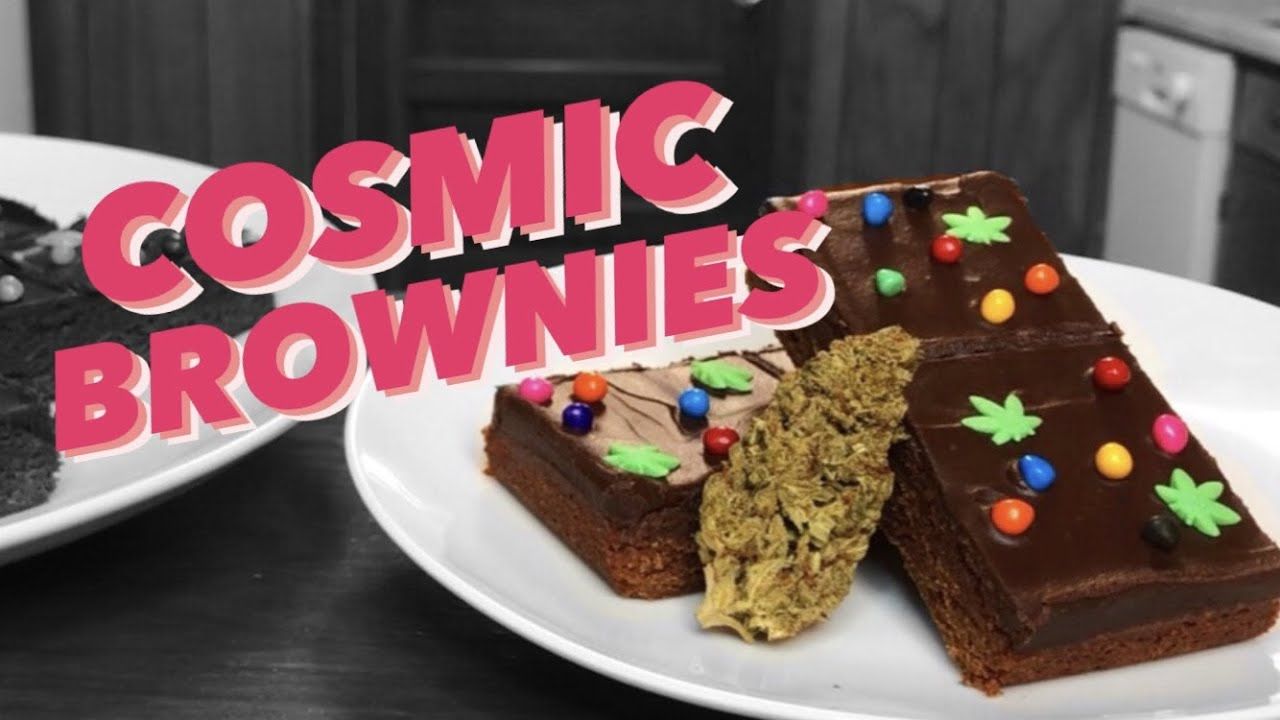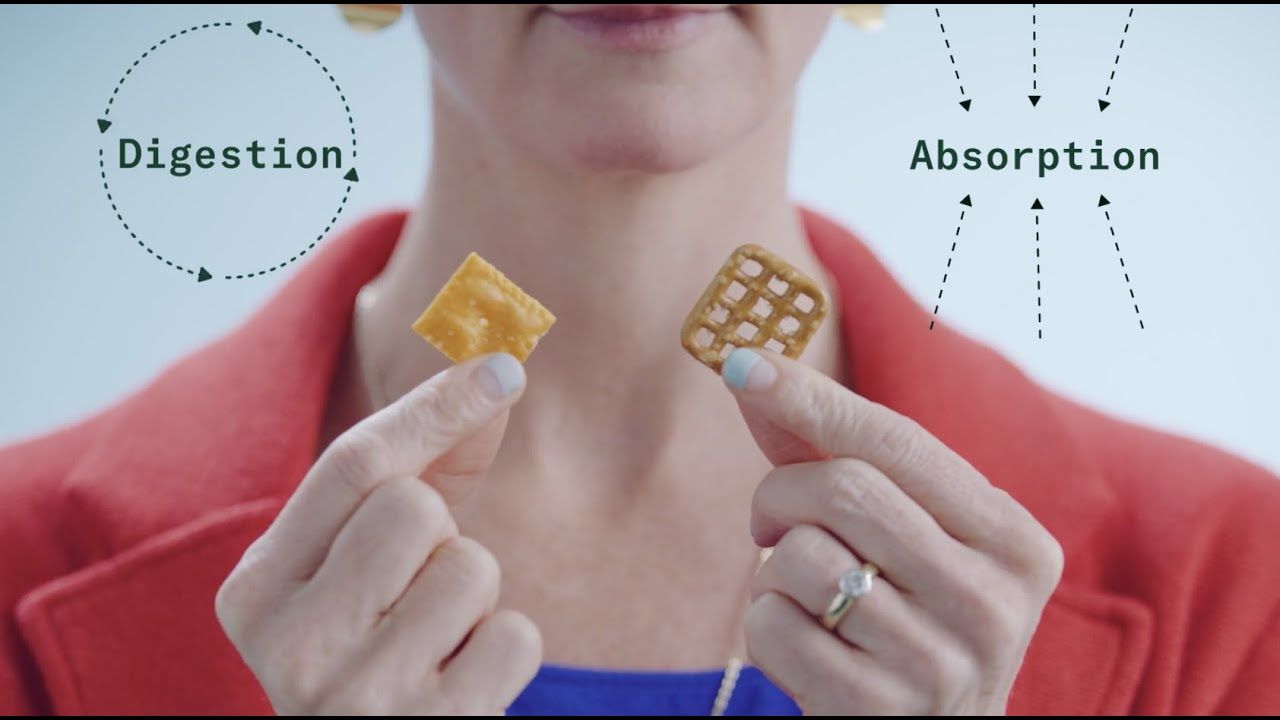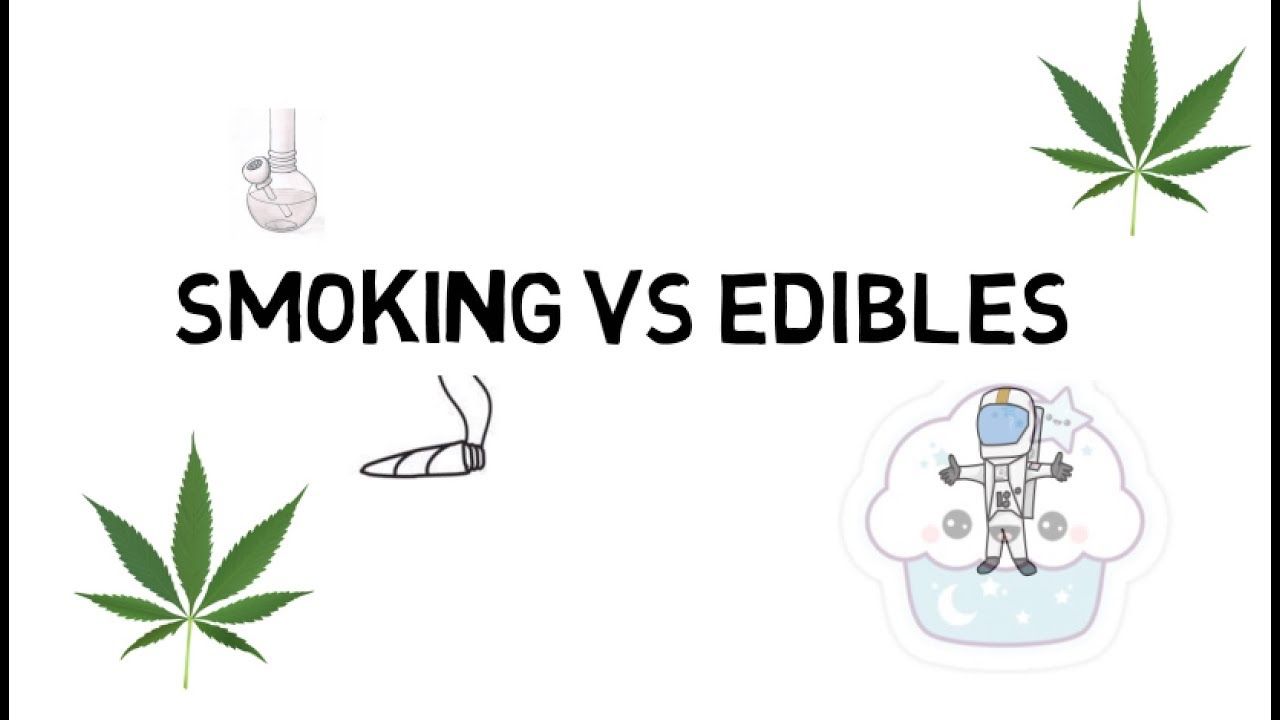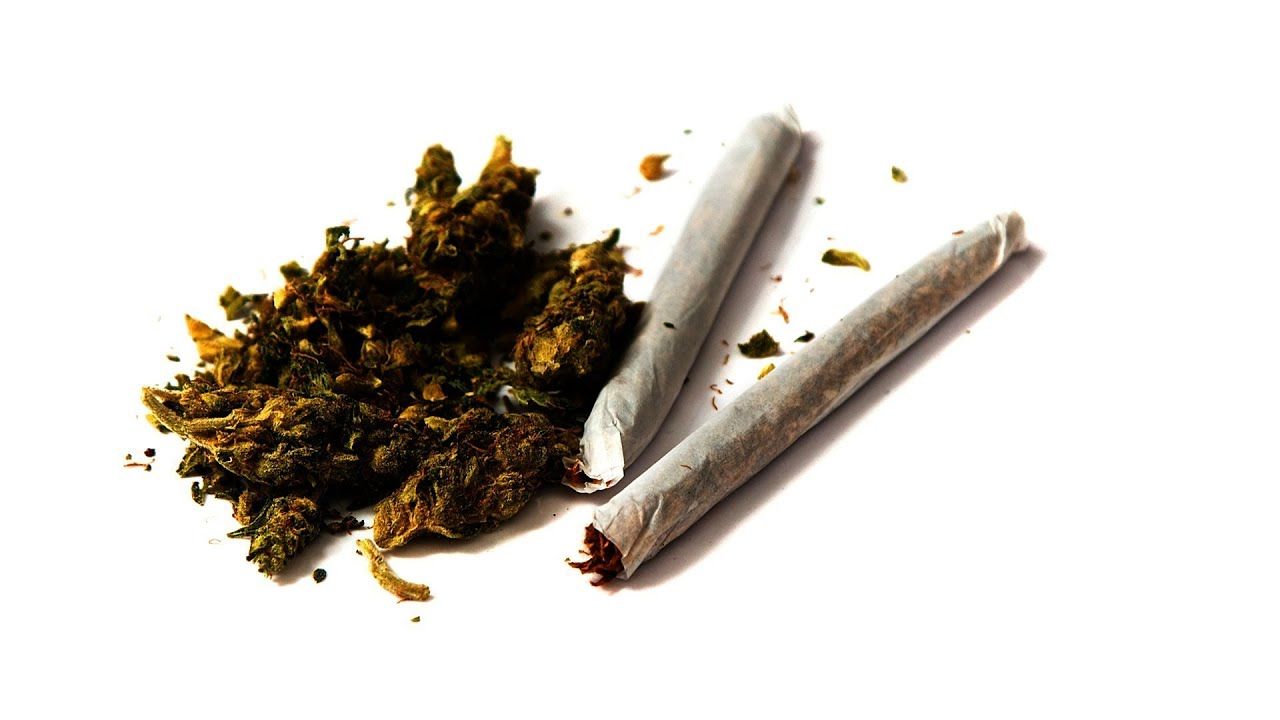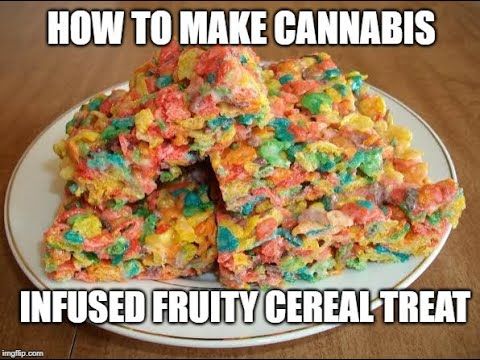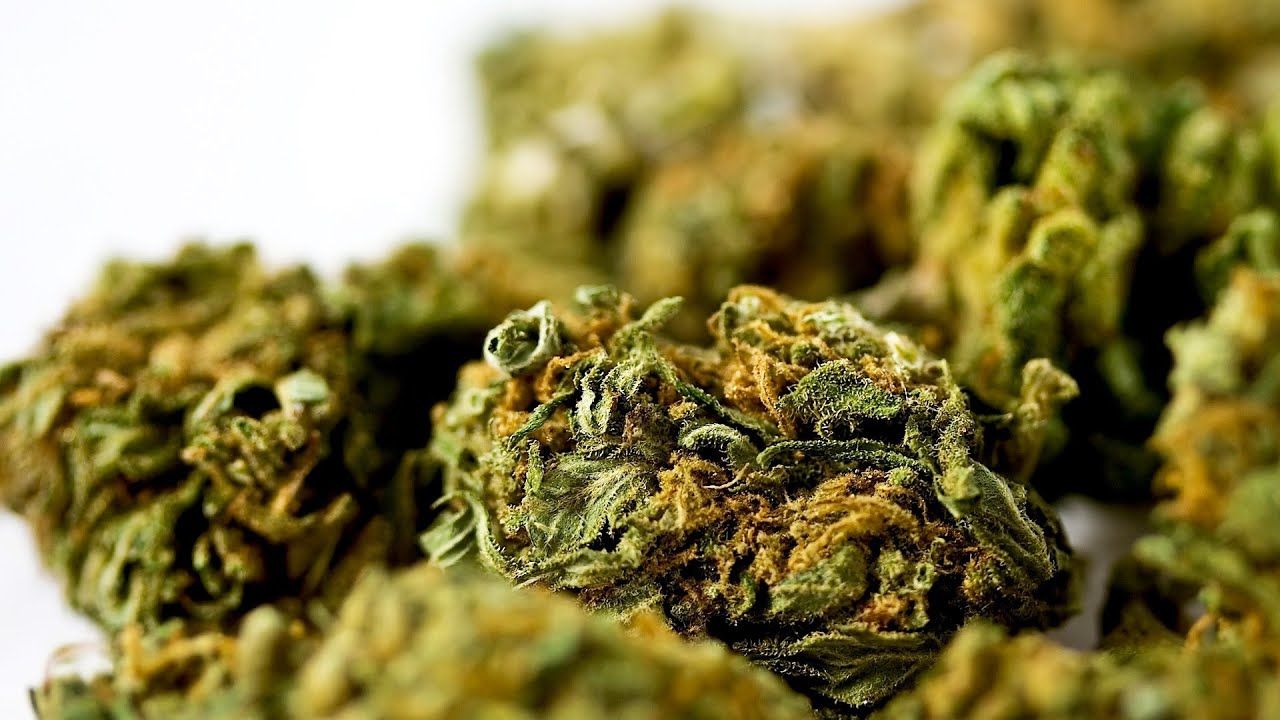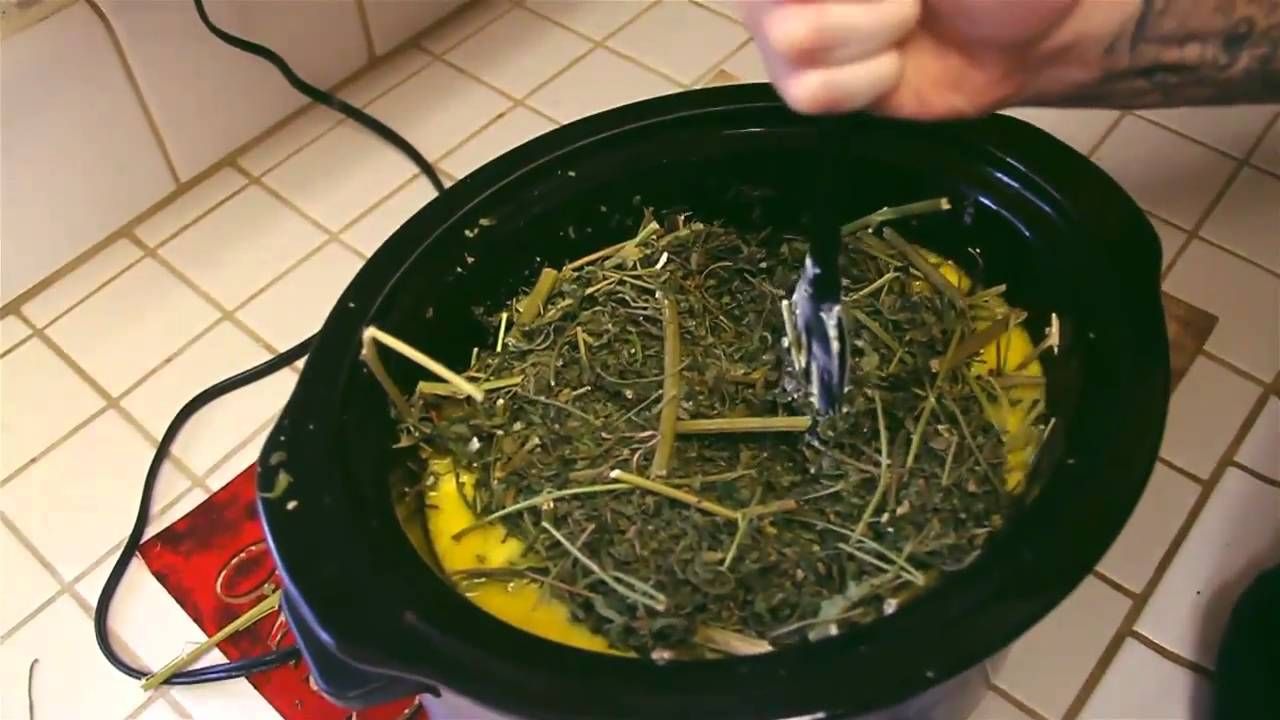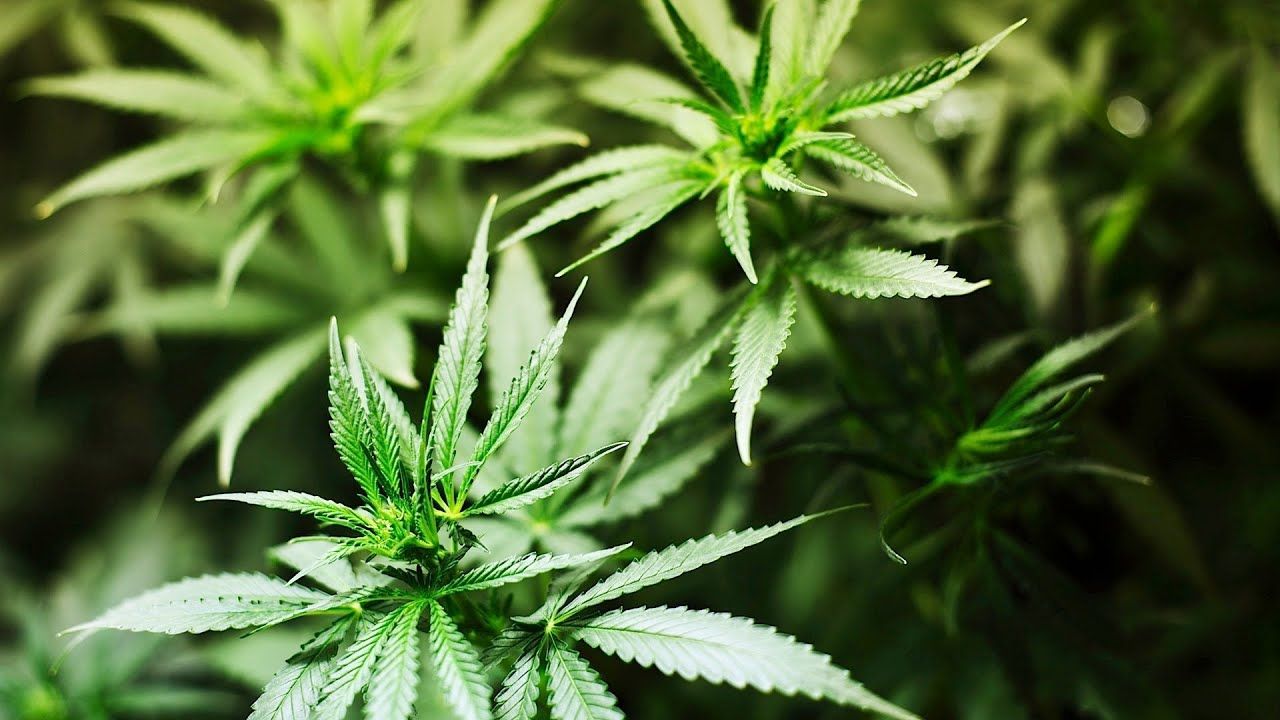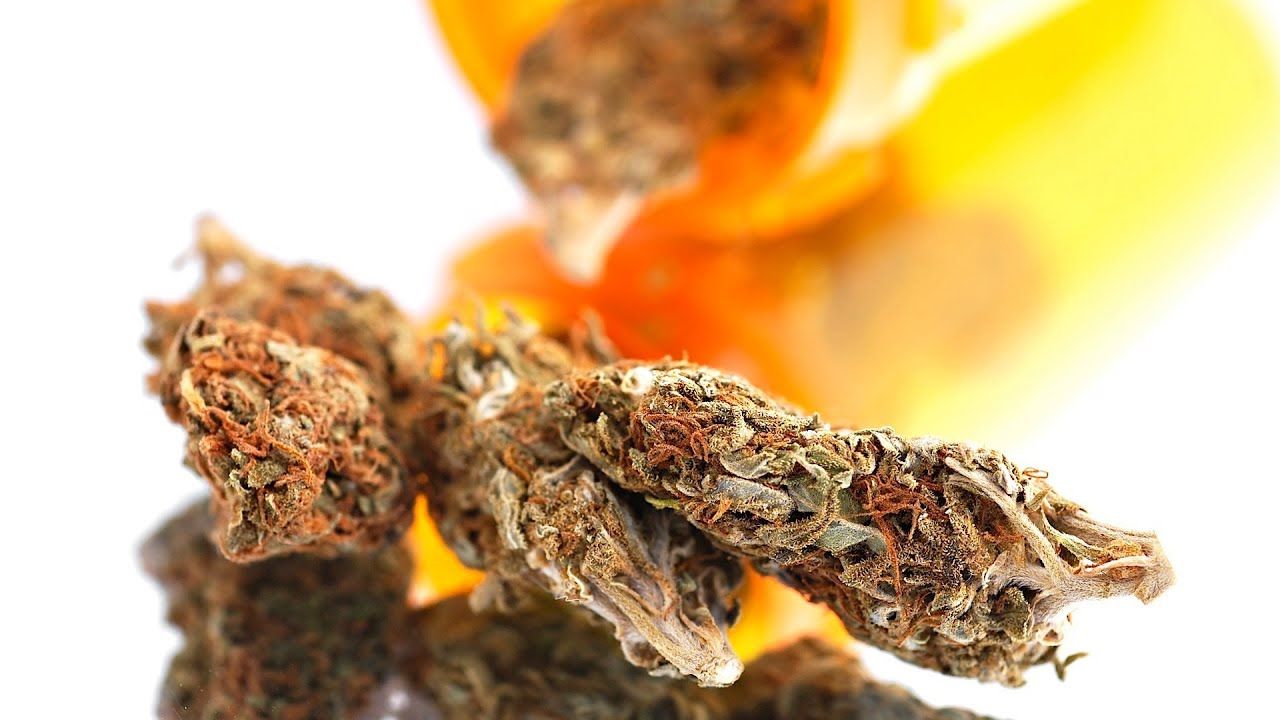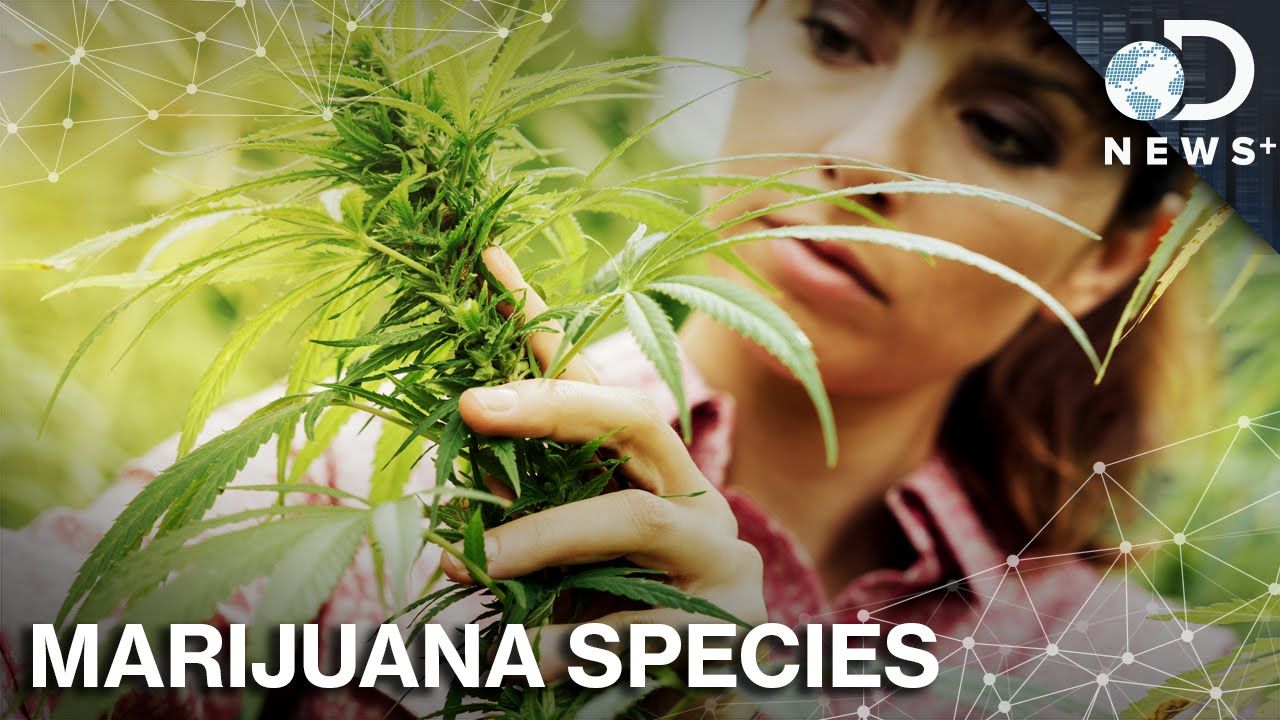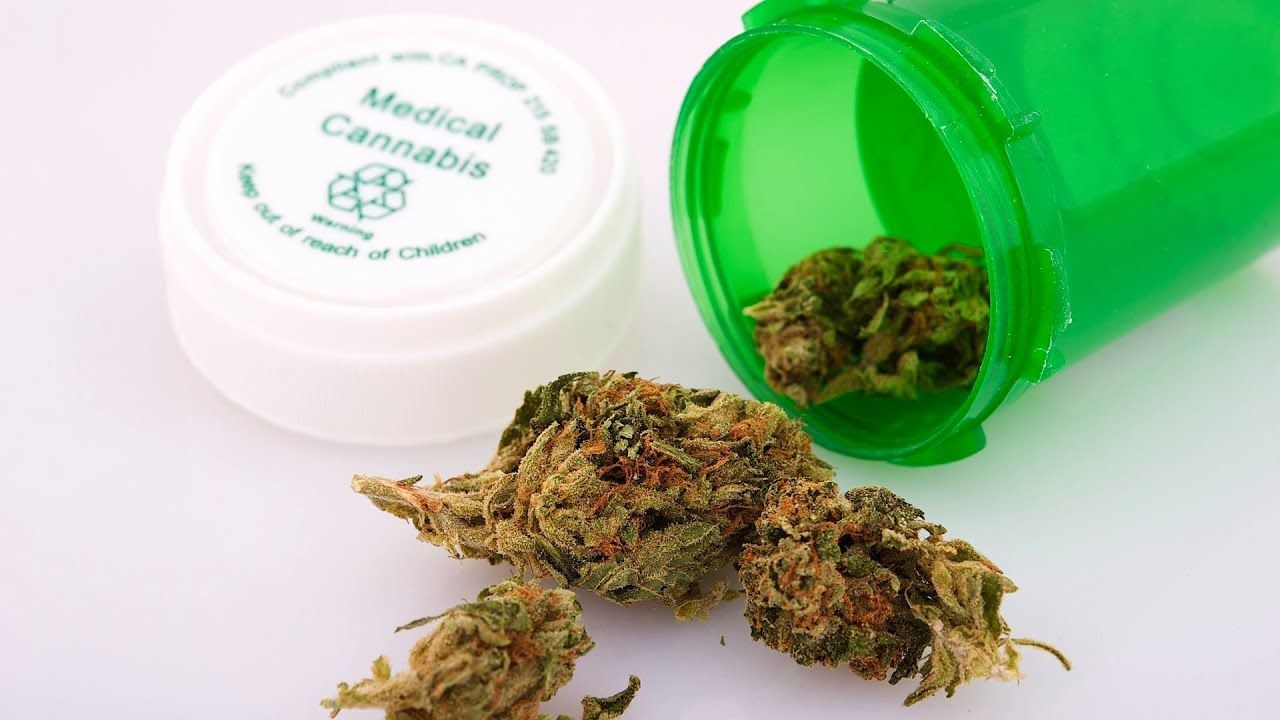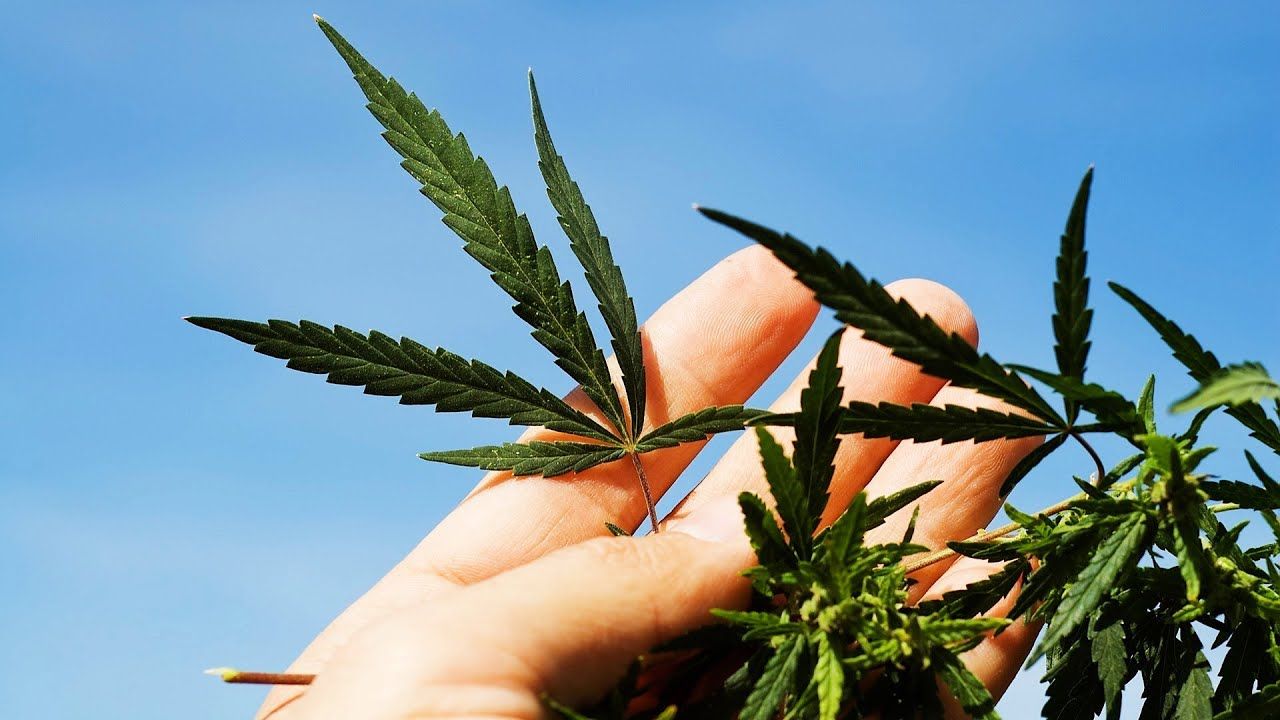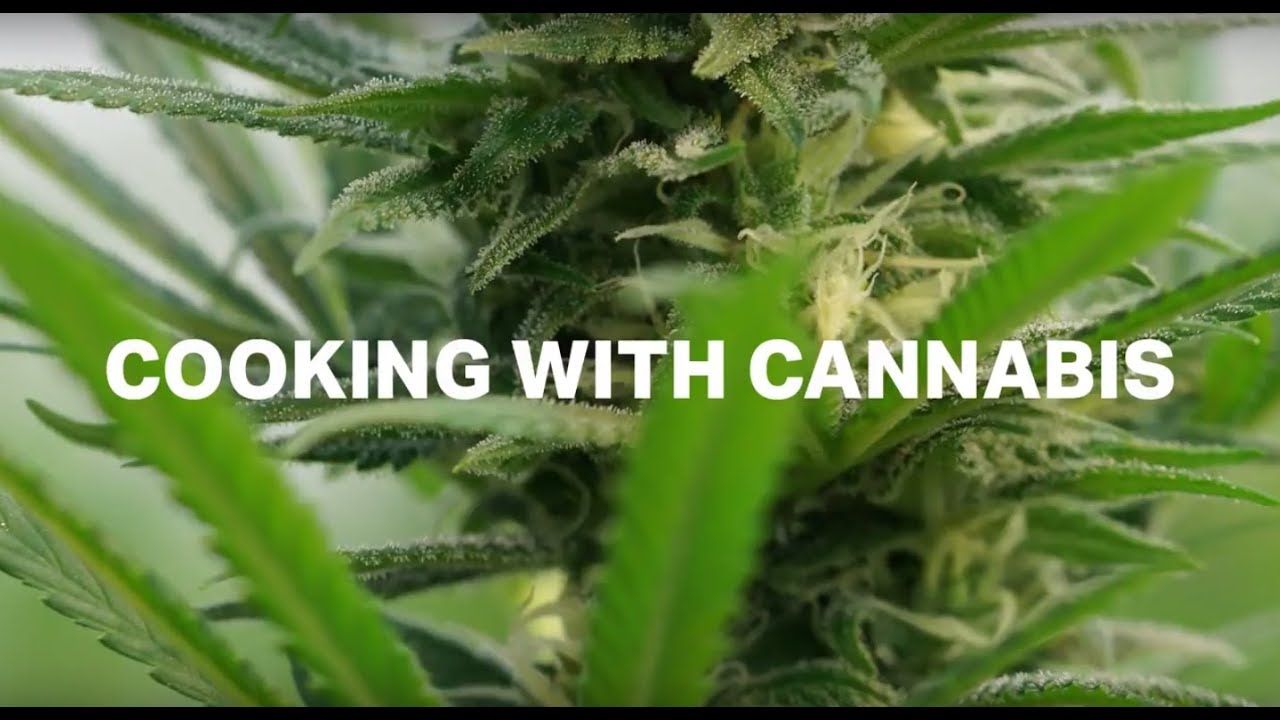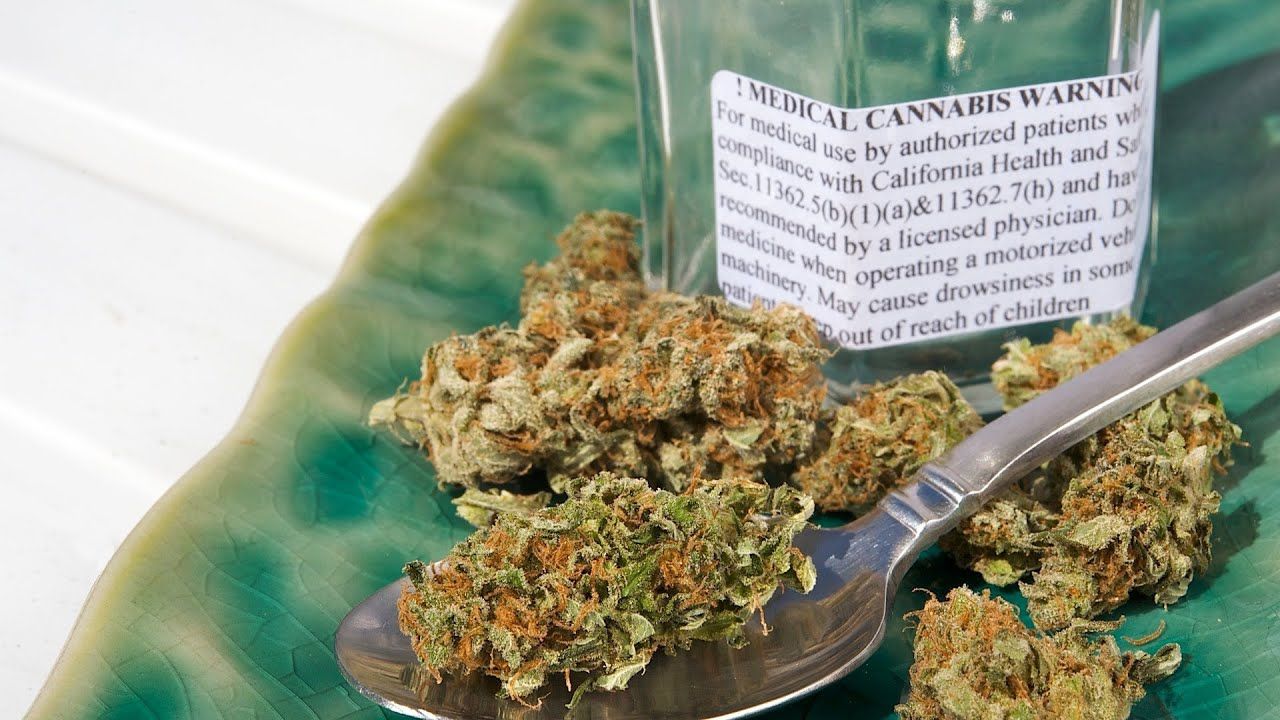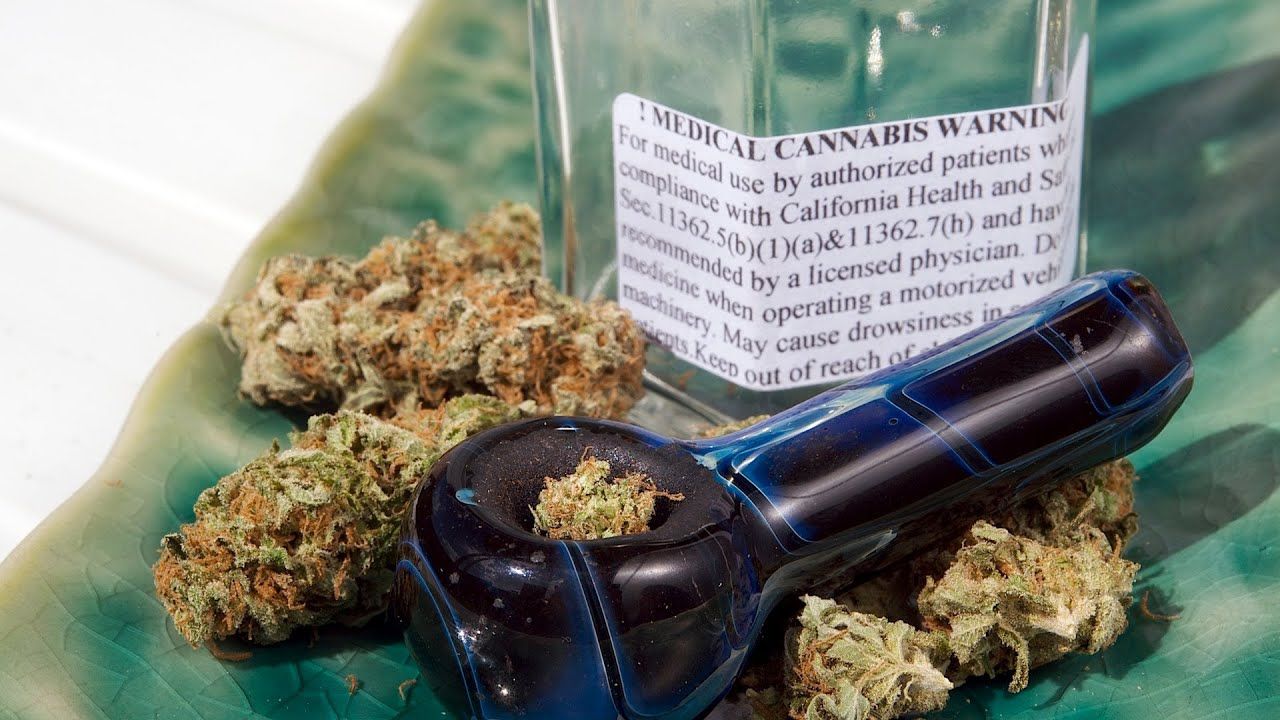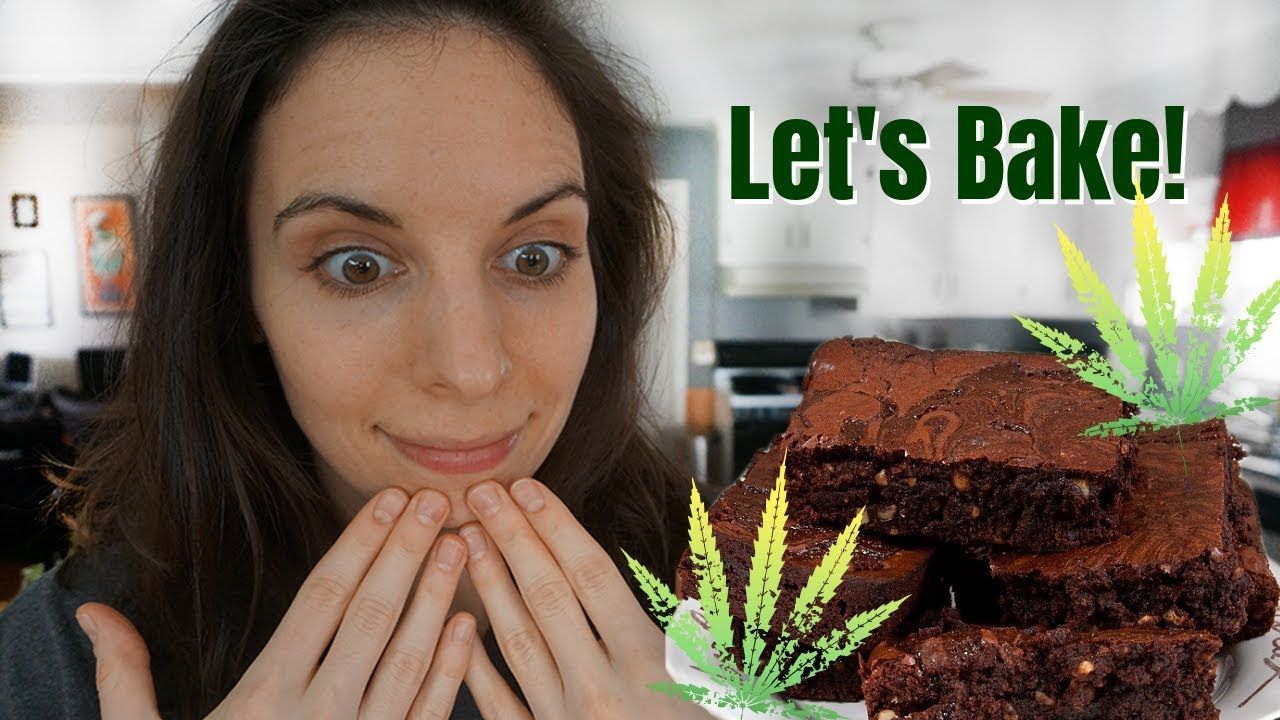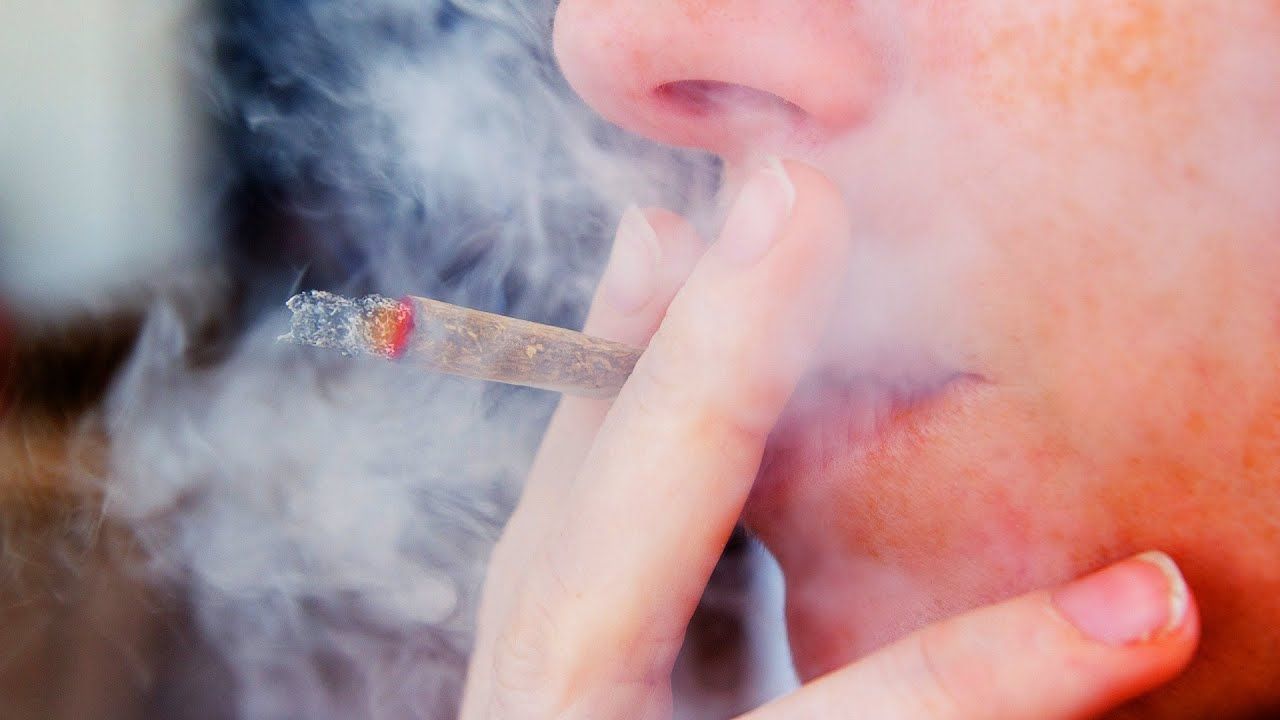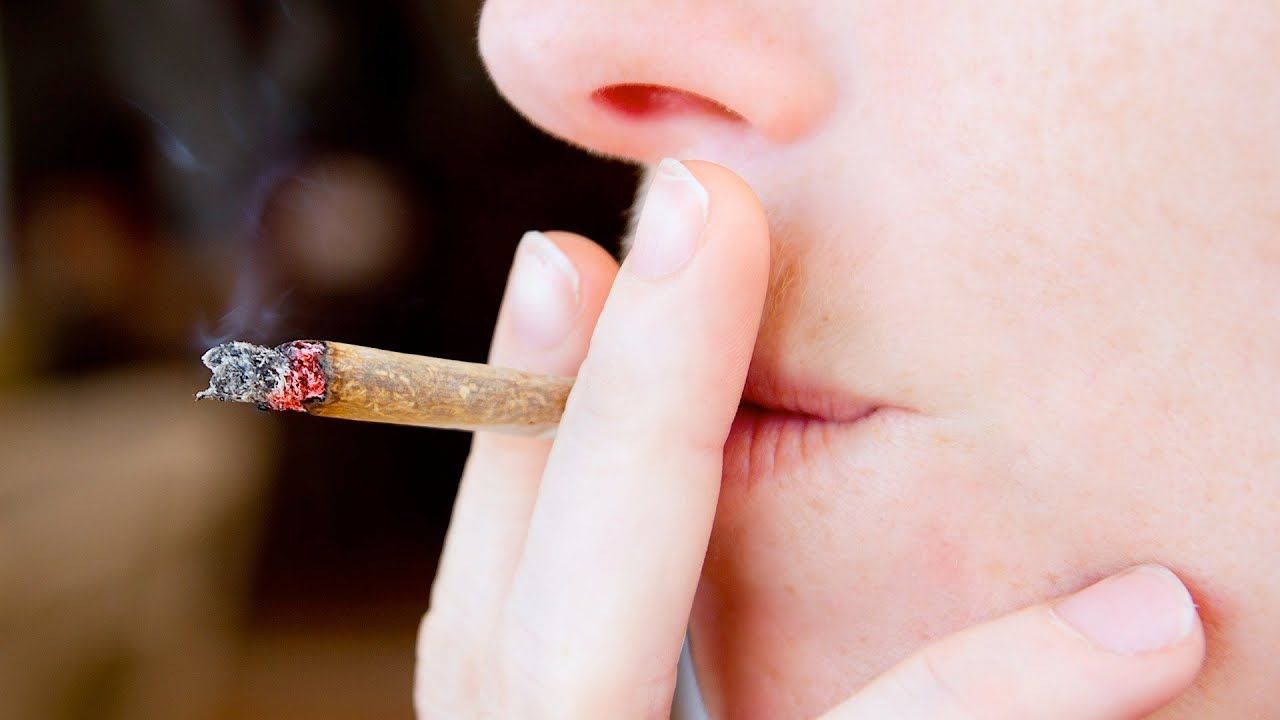Tag: Pot Brownies
Veterans & Medical Marijuana | Marijuana
Written by thcscout on . Posted in Medical. No Comments on Veterans & Medical Marijuana | Marijuana
Veterans groups have increasingly been making calls to the White House to allow for the use of marijuana for medical purposes in veterans populations, mainly for the treatment of chronic pain and post traumatic stress disorder. It turns out the VA actually heeded some of the messages that these groups were putting out there and passed a policy at the highest level, which allowed patients who live in medical marijuana states, veterans who are using marijuana medicinally in states that allow it, that those VA hospitals where they are also getting treatment for things like chronic pain, those VA’s would not be allowed to fire those patients just because they are using marijuana for medical purposes through maybe an outside doctor from the VA. That’s called cooperative non-interference.
Veterans hospitals policy towards medical marijuana patients is one of cooperative non-interference. That’s very hopeful for patients who live in those states, but there are a lot of states where veterans live where medical marijuana is not legal at this time. So they should know that there are a lot of conditions and syndromes that veterans face, most predominantly post-traumatic stress disorders and chronic pain related to injuries and trauma, that marijuana has been shown in pre-clinical and other clinical studies to be beneficial for.
Essential Tips For Learning To Bake & Cook with CBD
Written by thcscout on . Posted in Baking. No Comments on Essential Tips For Learning To Bake & Cook with CBD
In this bonus quickie episode I go over important tips for cooking and/or baking with CBD to make edibles. If you’re cannacrazy or just cannacurious this CBD episode is chock full of useful info on cannabis dosing, infusing, tinctures, how edibles interact with your body, the difference between full-spectrum, broad-spectrum and isolates, and explain terpenes — which are responsible for how cannabis flower tastes and smells. This information will help you better understand cannabis as it relates to baking or cooking your own CBD edibles.
Watch the full episode “Easy CBD Cookies Recipe” to put this info to action and make your own infused Butterscotch Chocolate Chip Cookies. This content is for adults 21+ only, please enjoy responsibly.
New episodes every week plus behind-the-scenes and hilarious chickens. I bake using eggs from my backyard chickens and show you about what it’s like to keep chickens in Los Angeles.
SUBSCRIBE and join #BakingWithChickens: bit.ly/2x3FIN4
FULL RECIPE AND TIPS ON MY BLOG: https://www.bakingwithchickens.com/post/how-to-bake-cannabis-infused-cbd-and-thc-cookies
FOLLOW ME ON INSTAGRAM: https://www.instagram.com/bakingwithchickens
Here’s my link to Amazon where I buy sooo many of my ingredients & cookware: https://amzn.to/2HOrcym
The Pros and Cons of Edible Marijuana vs. Smoking
Written by thcscout on . Posted in Beginners. No Comments on The Pros and Cons of Edible Marijuana vs. Smoking
Learn More: https://www.veriheal.com/blog/pros-cons-consuming-edibles/
To get valuable cannabis education:
► https://www.veriheal.com/blog
To find local dispensaries in your area visit:
► https://www.veriheal.com/dispensaries
If you have any questions at all don’t hesitate to reach out, we are more than happy to assist you every step of the way.
Contact: info@veriheal.com
Follow Us:
► Facebook: https://www.facebook.com/Veriheal/
► Twitter: https://twitter.com/@veriheal
► Instagram: https://www.instagram.com/veriheal/
Weed Cosmic Brownies *Edibles*
Written by thcscout on . Posted in Baking. No Comments on Weed Cosmic Brownies *Edibles*
(recipe in pinned comment)
Find me on instagram: https://www.instagram.com/hazy.kitchen/
Need Help Dosing?
https://youtu.be/tfnCNvwLx8o
How much weed should you use? (bud)
__ mg THC per brownie x __ number of brownies = total mgs THC needed for recipe
(example: 60 mg per brownie x 8 brownies = 480 mgs total)
total mgs needed for recipe / % THC or CBD = mgs of weed needed
(example: 480 mgs THC / .20 (20% THC) = 2400 mgs of weed)
mgs of weed / 1000 = grams of weed needed
(example: 2400 mgs / 1000 = 2.4 grams of weed)
Beginners guide to dosing and eating cannabis edibles | Leafly
Written by thcscout on . Posted in Beginners. No Comments on Beginners guide to dosing and eating cannabis edibles | Leafly
————————————————————————–
21+ 
Marijuana: Smoking Vs Edibles
Written by thcscout on . Posted in Facts. No Comments on Marijuana: Smoking Vs Edibles
Further reading:
https://academic.oup.com/jat/article-abstract/16/5/276/797725
https://www.nature.com/npp/journal/v26/n6/abs/1395868a.html
https://www.ncbi.nlm.nih.gov/pubmed/28632075
https://www.ncbi.nlm.nih.gov/pubmed/28470448
Once again, thanks for watching! Please don’t forget to like comment and subscribe it would mean a lot!
Is Marijuana Addictive? | Marijuana
Written by thcscout on . Posted in Facts. No Comments on Is Marijuana Addictive? | Marijuana
The addiction to drugs like heroin, nicotine which is in tobacco, and even caffeine which is in coffee are far stronger on a chemical physiological level than anything that we’ve been able to document withdrawal from the use of marijuana.
The classic addiction that we imagine is addiction to opiates or injection drugs like heroine. You imagine the cravings. You imagine you get so sick if you don’t have the medicine or the drug. You go through chills. Your nose starts to run. Your eyes water. You’re sick to your stomach or vomiting and diarrhea. That’s called withdrawal syndrome.
Then there’s something called tolerance and that’s where you need more of the drug to achieve the same effect. Then there’s the addiction. The psychological compulsion you’re orienting your whole life around trying to find and procure this. Your personal, your social, you functioning suffers as a result.
That is our model of addiction. And then depending on how socially available the substance is, like for example tobacco is available everywhere, so people will very rarely experience all these withdrawal syndromes versus is your drug addictive choice as an opioid that’s hard to get, you’ll see varying degrees of behavior on the spectrum.
When it come to marijuana, we’ve tried to look for withdrawal syndromes. They talk about mild sleep changes. For people who have been using it heavily and then stop using it. EEG disturbances, little change in your brainwave pattern. Little bit of difficulty sleeping. Little bit of anxiety or reduces mood which kind of dissipates over time. Not that same all of a sudden change in your physiology where you’re extremely sick and can’t function. Also there’s no life threatening nature what-so-ever like there is when you withdraw from Valium or bensodiazapines which the withdrawal can kill you. Same thing with alcohol, withdrawal can kill you. Nothing like that with marijuana.
The main thing there is the behavioral and social conditions that would set up with a compulsive use pattern, prohibiting it, doing things on the sly. It turns out some people psychologically do report improved psychological function using the substance. As you would expect because the compounds have been shown to have anti-depressive qualities, anti-anxiety properties. So it’s possible when people are no longer using it abruptly that they revert to a state that might have previously been their prior state. Which was more depressed and more anxious. Though that’s always something to consider as well if you’re wondering if a substance is a withdrawal syndrome or really just a withdrawal of and agent that was helping improve the psychological functioning.
The bottom line is there have been studies done that they try to find what percentage of users of marijuana become addicted and they quote this figure, 9%. The Institute of Medicine does. Those are based on surveys where you have to answer questions like, “Do you spend a lot of time looking for this substance?” “Have you faced legal problems because of your use?” A lot of those answers might be more related to the social phenomenon of really trying to stamp out the use of marijuana rather than any actual chemical or physiological dependence or addiction on the drug.
How to Make a Cannabis Infused Cake
Written by thcscout on . Posted in Baking. No Comments on How to Make a Cannabis Infused Cake
For Simple Cannaoil recipe click the link below
https://youtu.be/toiMgQGut6g
CANNABIS COOKING! INCREDIBLE CANNABIS LOADED HOT WINGS!
Written by thcscout on . Posted in Cooking. No Comments on CANNABIS COOKING! INCREDIBLE CANNABIS LOADED HOT WINGS!
What’s up guys, in this video we wanted to do something super special and went ahead making a batch of CBD rosin infused Hot Wings. Anybody can do this recipe themselves easily using a NugSmasher and Decarb Capsule.
High Activity – How To Make cannabis Infused Fruity Cereal Treats
Written by thcscout on . Posted in Cooking. No Comments on High Activity – How To Make cannabis Infused Fruity Cereal Treats
IG: @5eybold
@High_Activity
High Activity of the day – How to make fruity Pebble cereal treats at home.
Guest appearance from a Solid Budtender here in las Vegas, Nevada
IG: @backwoodballerina
30g’s of Kosher Dawg Shake @ 12% THC with 2lbs of butter
What are your favorite cereal treats?
Can Marijuana Help AIDS Patients? | Marijuana
Written by thcscout on . Posted in Facts. No Comments on Can Marijuana Help AIDS Patients? | Marijuana
It’s been shown in numerous studies that marijuana or cannabis can be useful as a therapeutic treatment for patients who live with HIV/AIDS. One study that they did at Columbia, they had AIDS patients in a hospital, inpatient hospital, and they found out that if they used marijuana, that they got from a government source, they were able to eat more calories and gain more weight at the end of the study, compared to people who were using a placebo marijuana. And that’s very important for people who have AIDS. They often suffer from wasting syndromes.
Secondly, AIDS patients have to take varied medicines that upset the stomach quite a bit, and highly active antiretrovirals, or heart medicines. There was a study at Stanford, by Dr. Israelsky’s group, that showed that if you used cannabis or marijuana, you had a much higher adherence rate to those antiretroviral drugs. Two to four times higher rate to keep taking those drugs on a routine basis. Which is very important if you are trying to suppress a virus which is really prone to become resistant and adapt. So you have to keep the regiment on. So that’s very useful.
Dr. Donald Abrams in U.C. San Francisco has shown that AIDS patients, HIV/AIDS patients developed this painful nerve, burning sensation in their legs, called HIV Sensory Neuropathy. It’s like a burning sensation. And we don’t have any good drugs to treat it. It turns out the drug that we have the best evidence for in medicine to treat it with is marijuana, hands down. And it’s a growing problem as more and more people are living with longer lives. Because the drugs are becoming more available and HIV/AIDS turns into a chronic disease.
So treatment of burning pain sensations, boosting your appetite, and helping gain weight, helping maintain your adherence to your antiretroviral drugs are all benefits that marijuana can afford to the HIV/AIDS patient. And Dr. Abrams, the cancer and AIDS specialist at San Francisco, says that it also helps with their mood. Living with a terminal in some cases or chronic illness can be something that causes quite a bit of adjustment and depression problems. And marijuana has been shown to be helpful with boosting moods.
So that’s the story behind marijuana and AIDS. Without AIDS activists medical marijuana wouldn’t have really been a reality. Because they really pushed in California in the 1990’s to help get laws passed that allowed patients with conditions like AIDS to use it for compassionate purposes. And the federal government actually stopped their program supplying marijuana to patients on a case by case basis when they were flooded with AIDS applications. So that’s why part of why we have medical marijuana today.
Marijuana & Cancer | Marijuana
Written by thcscout on . Posted in Facts. No Comments on Marijuana & Cancer | Marijuana
There’s a lot of excitement in the world of cancer research about the compounds that naturally occur in marijuana as a treatment for various tumors. There’s a research group out of Spain, led by a Dr. Guzman. And his group actually did one of the first human studies that documented in a group of really severe, late stage brain tumor patients that if you injected their brain tumors directly with a solution that contains THC, one of the compounds in cannabis, that you can actually observe through scans a reduction in the size of those brain tumors. That was in a group of less than 15 patients. But it was a pilot study and it was a very exciting result, that in the majority of those patients tumors shrunk. But they kind of expected that as their hypothesis because they had seen so much data from their petri dishes and their animal studies that these tumors can shrink. Especially these tumors of the brain called glioblastomas, a very debilitating tumor in the brain, that has a very low survival rate.
So the more we study, we find out that breast cancers, prostate cancers, lung cancers, a whole range of tumors in the body have been shown in animal studies and petri dish studies to be reduced and attacked by chemicals in marijuana. Usually the chemicals in marijuana do this by making those cancer cells kill themselves, reducing the blood supply to those cancers, and reducing the amount of, how those cancers spread in other parts of the body. So there are cancer groups calling for the inclusion of the chemicals of marijuana in chemotherapy regimens as a treatment for cancer. That’s very interesting and exciting future there.
And I think there are a lot of natural compounds that have anticancer properties. And I think cannabis is going to go right in there as one of those ones that can potentially be useful for a lot of different cancers.
More research needs to be done. But the research that has done is extremely promising. And even the National Cancer Institute, which is an NIH branch, has information on their website for doctors documenting all of these anticancer properties that I’ve described.
How to Make Weed Butter ( Budder / Pot Butter / Cannabutter ) Medicinal Method!
Written by thcscout on . Posted in Baking. No Comments on How to Make Weed Butter ( Budder / Pot Butter / Cannabutter ) Medicinal Method!
This butter may be used in any cooking recipe to make knock-you-on-your-ass treats. Brownies, Cookies, Rice Crispy Treats, Hamburger Helper, ETC!
Music by: Devin the Dude
Shot with: Canon 60D
Subscribe for more!
Cannabis vs. Marijuana | Marijuana
Written by thcscout on . Posted in Facts. No Comments on Cannabis vs. Marijuana | Marijuana
You hear stories about marijuana or medical marijuana. You may hear a term called “cannabis” and a lot of people think that this is some new word to describe the plant. But the reality is that the two words are interchangeable.
The word cannabis is a Latin term for the plant. And this is actually the term that has been used in medical journals for thousands of years to describe the plant that you all know as marijuana. The term marijuana is actually term that was actually used during the passage of the Marijuana Tax Act in the 1930s.
Now this was the time of Reefer Madness, this was a time right after the prohibition of alcohol had just ended and this country had a lot of law enforcement on its hands that were out of work. And so it seemed like a good idea to make another substance illegal and it just so happened that this substance could be found on a lot of the minorities in this country. And so the Marijuana Tax Act was actually passed to create a burdensome tax that no one could afford. So it was a $100 per dollar value tax. This meant that obviously anyone caught with marijuana could go to jail but would be required to pay a huge find and of course if they couldn’t pay that fine they would have to go to jail.
The word marijuana is a Mexican term for the plant and the federal government used that word marijuana with a racial connotation and hoped that it would get support to make the substance illegal it was popping up with minorities around the country. Now the term cannabis was also being used at the same time. It actually had been used in this country for a lot longer than the word marijuana. In fact around the turn of the century before the Marijuana Tax Act, cannabis was in pharmaceuticals that you would pick up at your pharmacy.
Cannabis was recommended by doctors to treat warts, to treat coughs, as a tincture the same way that many people use it now. And when the American Medical Association heard that this word marijuana that they were talking about in congress, when they heard that this was actually cannabis that they were talking about, the American Medical Association actually lobbied the federal government not to pass the Marijuana Tax Act because it would create very expensive medicine.
At the time a dose of medical cannabis in a tincture was about a penny. And if you added the tax act that would cost a hundred dollars and a penny. And so unfortunately the Marijuana Tax Act eventually made it too expensive for pharmacists to include cannabis in their products or for other research to exist.
So the words marijuana and cannabis are interchangeable. You should know that the word cannabis is a scientific term for talking about a plant and marijuana is more of a cultural term. And its origins are racist but today many people use the marijuana as more of a sub-culture. I think it’s pretty common for sub-cultures to take words that their oppressors used and reidentify them with themselves. So again, if you’re saying marijuana, you’re meaning the same thing as cannabis. And either area acceptable.
Marijuana History in Western Medicine | Marijuana
Written by thcscout on . Posted in Facts. No Comments on Marijuana History in Western Medicine | Marijuana
The oldest book that we have of pharmacopeia, which is a collection of drugs and their uses, is from China. In that book, they have shown, they’ve discuss the use of marijuana for the treatment of rheumatism, menstrual cramps, even forgetfulness. And there’s even like another book called the Ebers Papyrus from Egypt. And some people say that’s even older. And that also mentions marijuana. But if you go back, if you go to the modern times, like western medicine that we have today, it really wasn’t until the 1830s, 1840s that marijuana or cannabis, as it was called at the time, made its entrance.
There was a western doctor named O’Shaughnessy, Dr. O’Shaughnessy who was an Irish physician who actually as a medical student discovered the treatment for cholera by giving people intravenous fluids, hydration, which saved a lot of lives. And then he went to India and laid down telegraph lines across the country and was knighted. But in the meantime and in the midst of all that he learned from local healers about this cannabis medicine and was able to show that it could be used for tetanus and epilepsy, even rabies he was experimenting with. And he published his results and brought cannabis back with him to England and to the United Kingdom. And really it picked up like wildfire. A lot of doctors were using it in their medicines. Even Queen Victoria’s doctor, Dr. Reynolds, prescribed it to Queen Victoria for her menstrual cramps.
In the United States from the 1830s to the 1940s, for 100 years, it was in our pharmacopeia, our official United States book of approved drugs. Lots of companies like Merck and Eli Lilly that you’ve heard of today and companies that don’t exist today had cannabis or marijuana based medicines that they produced and they put on pharmacy shelves. So at that time they used it for the treatment of cramps and pain, some of the things that we still use are things are know marijuana is useful for today. But, because of the politics and reefer madness and all of the issues around, and also other newer drugs coming on the scene, marijuana kind of fell out of favor and is really now experiencing a resurgence.
Caregivers & Medical Marijuana Patients | Marijuana
Written by thcscout on . Posted in Medical. No Comments on Caregivers & Medical Marijuana Patients | Marijuana
For loved ones of someone that’s ill, usually most of the care for that patient falls on those people. So a caregiver in a patient’s life is usually a person that has to go get groceries, deal with all the basic day to day functions of life. For a caregiver who is treating someone who needs cannabis it’s really important what state they live in.
So, if you are a caregiver to someone with cancer, MS, or chronic pain in one of the 17 states where medical cannabis is legal then you are actually able to get an identification card and, again depending on the state law, are able to go and purchase cannabis for that patient, or even grow cannabis depending on what the regulations look like.
If you’re in a non medical cannabis state that doesn’t mean that someone that you’re looking after wouldn’t benefit from medical cannabis. If that’s the case, and the doctor and the patient have decided that they want to try this treatment, I would just urge you to be extremely careful. The illicit market isn’t some big, scary, horrible place for marijuana, but it’s not the easiest way to get this medication.
This is why there is a huge movement around the country trying to pass laws to make this legal so that if you are in a situation where someone you love is going through a situation where they need medical cannabis you can simply get an identification card, and go to a store, and purchase it instead of driving down random alleys looking for a medication that is going to help your loved one be more comfortable and possibly even save their life.
Again, as a caregiver it’s important for you to know the laws just as well as a patient does. Depending on what state you’re in you’re going to have more or less rights to help that patient with their medical cannabis use.
All of this information, as far as the legality and steps you can take to help procure medical cannabis for a patient you’re taking care of, is on our website americansforsafeaccess.org.
Can You Overdose on Marijuana? | Marijuana
Written by thcscout on . Posted in Facts. No Comments on Can You Overdose on Marijuana? | Marijuana
Marijuana can’t kill you no matter how much humans have consumed. And people have tried to consume large quantities, either through inhaling the smoke of lots and lots of collected flowers, which is where the active ingredients are found, or they’ve tried to extract the active ingredients from the flowers into solvents like butter or alcohol. Well, too much alcohol can kill you, certainly, but the, it’s the compounds in marijuana even if you ingest a high concentrated variety of it, can’t stop your breathing, can’t cause you to have a seizure, as far as we know, possibly in some cases for people who are predisposed, these things can happen. But generally speaking, there’s been no recorded deaths just related to the use of the drug itself in no matter what quantity you’ve consumed.
Now, you can use too much of something if you were expecting a certain effect. Now, if you wanted to have a stress relieving affect with marijuana but still wanted to be functional and, you know, active you could use so much to the point where you become sedated and maybe a little bit agitated and that phenomenon can cause problems for people. And that’s what we’ve called an overdose, in quotes. It’s not an overdose to the point where you have now, you need to go to the emergency room and you need to be pumped, out of your stomach, or the substance, that kind of phenomenon is not what I’m describing.
Also, you might end up having a paranoid or psychotic reaction with a high use of something that has psychologically activating properties. People call that an acute cannabis psychosis, and that’s been described. Often times that does not lead to any chronic, long term change in your psychological status, like where you’re permanently this way, it clears over the course of a day or less. We’re talking extremely large doses, some of these affects.
Everyone has a different pharmacology, different chemistry, different reaction to drugs so the important thing is that people, when they’re using a psychologically activating substance is that they pace themselves, that they know how much they’re using, and wait before taking more. And that very commonly happens when you take marijuana orally, like in foods or dissolved things, there’s a large delay in the onset, sometimes can be up to an hour, hour and a half. And by that time, if you are waiting for an effect and have used more and more, you can have a kind of, an unpleasant surprise, a high amount sedation or, as I was mentioning, agitation.
With smoking or inhalation and vaporization, the onset is more immediate so you’re really able to just gauge in within a minute or two whether this is the right amount, whether you’re trying to relieve a symptoms or you’re trying to achieve a certain psychological state. And that’s important when you’re in a social setting and using marijuana or you’re sharing with other people, people will have different set points and that’s, I think, the key thing to remember.
Where Did Marijuana Come From, And How Did It Spread?
Written by thcscout on . Posted in Grow. No Comments on Where Did Marijuana Come From, And How Did It Spread?
Check us out on iTunes! http://apple.co/1TXDZAI
Please Subscribe! http://bit.ly/28iQhYC
Up until 2015 there was a ban on cannabis research so there will be much more information readily available soon. But where did this plant come from and how did it make its way into your house?
+ + + + + + + +
Previous Series:
Who Came Up With Days, Hours, Minutes and Seconds?: http://www.seeker.com/who-came-up-with-days-hours-minutes-and-seconds-1843353492.html
+ + + + + + + +
Sources:
White House Removes Obstacle To Medical Marijuana Research:
http://america.aljazeera.com/articles/2015/6/22/white-house-removes-marijuana-research-barrier.html
“Barack Obama’s administration on Monday took a step toward supporting research into the medical properties of marijuana, lifting bureaucratic requirements that long stifled scientific research.”
Richard E. Schultes, 86, Dies; Trailblazing Authority on Hallucinogenic Plants:
http://www.nytimes.com/2001/04/13/us/richard-e-schultes-86-dies-trailblazing-authority-on-hallucinogenic-plants.html?src=pm&pagewanted=2
“In 1941, Dr. Schultes traveled to the Colombian Amazon, where he would spend most of his field research, and an area Spruce had studied. At first, Dr. Schultes concentrated on plants that produced curare.”
Marijuana’s History: How One Plant Spread Through the World:
http://www.livescience.com/48337-marijuana-history-how-cannabis-travelled-world.html
“From the sites where prehistoric hunters and gatherers lived, to ancient China and Viking ships, cannabis has been used across the world for ages, and a new report presents the drug’s colorful history.”
Does Cannabidiol Protect Against Adverse Psychological Effects of THC?:
http://www.ncbi.nlm.nih.gov/pmc/articles/PMC3797438/
“The recreational use of cannabis can have persistent adverse effects on mental health. Delta-9-tetrahydrocannabinol (THC) is the main psychoactive constituent of cannabis, and most, if not all, of the effects associated with the use of cannabis are caused by THC.”
Hemp: Plant:
http://www.britannica.com/plant/hemp
“Hemp, plant of the genus Cannabis (family Cannabaceae) that is cultivated for its fibre (bast fibre) or its seeds, which contain about 30 percent oil and may be eaten.”
Industrial Hemp: A Win-Win For The Economy And The Environment:
http://www.forbes.com/sites/ashoka/2013/05/29/industrial-hemp-a-win-win-for-the-economy-and-the-environment/2/#2f08c2e66ad2
“What has to occur is a change in the federal policy to essentially revise the definition of “marijuana” so that the term excludes industrial hemp, and then enact specified procedures and requirements relating to growing industrial hemp and those who cultivate industrial hemp.”
Chemical Ecology Of Cannabis:
http://www.druglibrary.org/olsen/hemp/iha/iha01201.html
“The production of cannabinoids and their associated terpenes in Cannabis is subject to environmental influences as well as hereditary determinants. Their biosynthesis occurs in specialized glands populating the surface of all aerial structures of the plant.”
Sexing:
http://www.hightimes.com/microsites/beginners/sexing.inc.php
“How to tell whether your horny plant is male, female or hermaphrodite. The flowering process for both males and females begins when plants are exposed to compete darkness for 12 or more continuous hours per day.”
+ + + + + + + +
DNews Plus is built for enthusiastic science fans seeking out comprehensive conversations on the geeky topics they love. Host Trace Dominguez digs beyond the usual scope to deliver details, developments and opinions on advanced topics like AI, string theory and Mars exploration. DNews Plus is also offered as an audio podcast on iTunes.
+ + + + + + + +
Trace Dominguez on Twitter https://twitter.com/TraceDominguez
DNews on Facebook https://facebook.com/discoverynews
DNews on Twitter http://twitter.com/DNews
+ + + + + + + +
Can Marijuana Relieve GI Disorders? | Marijuana
Written by thcscout on . Posted in Facts. No Comments on Can Marijuana Relieve GI Disorders? | Marijuana
Marijuana is used to relieve symptoms associated with gastrointestinal distress or disease, has been studied in clinical trials and has been used, found to be a useful treatment by doctors who are experimenting with it with their patients and patients themselves who happen to discover it on their own.
I remember the case of one young man in his twenties I interviewed who had ulcerative colitis. Severe, bloody, inflammatory disease caused him a lot of pain and cramping. He was going towards the route of needing surgery and he told me that once he was at a friend’s house and they said you should try smoking marijuana when he was having one of these really severe exacerbation and he said, “Are you kidding? Really? What’s this gonna do?”
And he didn’t believe it but then he described to me and I took very detailed notes of this interview and recorded it. He described how all of a sudden when he used this marijuana that he had an immediate relief of all the cramping and pain in his gut and he was able to actually sit down comfortably and going to the emergency room and since that time he continued to integrate this into his treatment to the point where his GI doctor, his gastroenterologist had written an authorization letter to allow him to use it for the treatment of his ulcerative colitis. It’s a fantastic thing for a patient like that at a young age who finds a relief from a plant medicine because they’re not, maybe
they will not have to go on to develop a need for surgery or develop all the other problems that come with really worsening ulcerative colitis.
The same thing people report with Crohn’s disease which is kind of another type of inflammatory GI disorder but potentially less severe, in some cases more severe depending on how bad you have it. But basically there was a study out of Israel where they looked at a lot of patients who were using cannabis for crone’s relief and they found a whole range of quality of life indicators got better in those patients. Why is this all working? Because it turns out the GI track is full of cannabinoid receptors which are those chemical locks, the keys that are made in cannabis kind of lock into. And the GI system is full of it’s own nervous system and it’s full of its own lymph tissue, it’s own immune tissue. And in these inflammatory disorders both of those are out of whack or disregulated, and using cannabis, cannabinoids, which are basically a homeostatic system, can help to reduce the inflammation and potentially relieve the pain and cramping that you get through the interaction with the gut’s nervous system.
So it’s a very interesting application and there are studies that are showing it’s a lot of promise and I’m sure if you do a Google search, you’ll find a lot of reports of this and who knows, in the future we might be able to potentially reduce the progression of GI disorders like Crohn’s and ulcerative colitis if we’re integrating cannabis and cannabis-based medicines.
No Bake Cannabis Strawberry Cheesecake | Good Eats #19 | Bassdropkeys
Written by thcscout on . Posted in Baking. No Comments on No Bake Cannabis Strawberry Cheesecake | Good Eats #19 | Bassdropkeys
#10KSubGoal #Subscribe #JoinTheMilitia
To make cannasugar click here
https://youtu.be/F2alTa9bZgE
To make cannabutter click here
https://youtu.be/Tc1t1Zj36W0
If anyone is looking for a Magical Butter Machine, click the link http://bit.ly/2W9Zgej to get it for only $140!!! It’s $174.95 on the site, Use my name “Bassdropkeys” to get 20% off your order!! That means you’ll get it for only $139.96!!! If you have a lil extra, definitely check out the bundles. Whatever you decide to get, you can always use my name to get 20% off
http://bit.ly/2W9Zgej
If you want to Donate to my channel, https://Bassdropkeys.com/tip



https://twitter.com/bassdropkeys
https://instagram.com/iambassdrop…
https://soundcloud.com/bassdropkeys
https://facebook.com/bassdropmilitia
https://beatstars.com/bassdropkeys
Websites
https://DYD420.com
https://GoodEats420.com
Send me Packages
Dwaine Keys
P.O. Box 12845
El Paso, TX 79913
Can Marijuana Help Multiple Sclerosis? | Marijuana
Written by thcscout on . Posted in Facts. No Comments on Can Marijuana Help Multiple Sclerosis? | Marijuana
Marijuana has been shown in studies to relieve the symptoms associated with multiple sclerosis. Symptoms like spasticity and severe central pain. In some studies, there are indications that marijuana might be useful to slow the progression of multiple sclerosis which is a very promising idea given that multiple sclerosis often becomes very degenerating and neurodegenerative disorder where patients lose the ability to walk and other essential functions.
So the studies that I’m talking out, the biggest ones were done with a marijuana-based extract that was made in an undisclosed greenhouse in England somewhere in the countryside. A company has grown marijuana and extracted it into a solvent of liquid carbon dioxide. Using that solvent, using preparation, they’ve given that preparation to large numbers of multiple sclerosis patients in clinical studies. And they give it to them over time and they compare it with a placebo. And they try to see if they get improvements in their spasticity and their pain. Spasticity is a painful, kind of, muscle spasm or tightness.
And it turns out that marijuana can, this marijuana spray was able to relieve the symptoms of these patients so well, so effectively, that the national governments in England and in Canada have given that government, or sorry, given that pharmaceutical company the right to sell this marijuana spray as a treatment for multiple sclerosis related symptoms. It is stocked in the pharmacies and you can have your doctor prescribe it. And actually, the number of countries that have approved this is growing. And it turns out that in those studies that have been used with the marijuana spray in multiple sclerosis patients that over a long period of time they were able to increase their does if they wanted to or needed to to relieve the symptoms and over a year or more they never increased the dose of the medicine, which indicates that their symptoms were stable and their disease wasn’t, possibly you could say that the disease wasn’t worsening.
So you can imagine that if a spray works like that, it’s certainly possible that an inhalation of the actual herbal material that the company has been using to make their product could also be beneficial for these patients. And that has been shown in a study in California by a group led by Dr. Cory Bloom. They recently published in the Canadian Medical Association Journal that painful spasms can be relieved with using the smoke of marijuana as a treatment. That was a government funded study as well.
So there’s extremely exciting treatments that are on the horizon for MS patients and we already know that it can be useful in their, with patients who have that condition in really gold standard studies. So it’s really a matter of finding out if we can slow the disease progression and what kind of preparations will make the best difference for what types of MS syndromes.
Cooking With Cannabis, Kitchen Toke Magazine
Written by thcscout on . Posted in Cooking. No Comments on Cooking With Cannabis, Kitchen Toke Magazine
Design-driven and published quarterly, Kitchen Toke is the definitive source on cooking with cannabis.
Can Marijuana Help Chronic Pain? | Marijuana
Written by thcscout on . Posted in Facts. No Comments on Can Marijuana Help Chronic Pain? | Marijuana
Chronic pain’s a big problem in our country, in the United States and around the world. It can lead to loss of functional work opportunities. It can lead to depression. It can, people take long acting, long term medicines that can potentially cause lethality if used in a high dose, could cause constipation, that cause itching, that cause hypogonadism. All of these problems are from the use of opioids which are derived from the opium poppy which are mainstays in the treatment of chronic pain.
The problems with chronic pain are that it’s disabling and also that the treatments for it can also come with a whole host of very difficult severe to mild side effects. But it turns out that marijuana also is effective in numerous chronic pain syndromes, has been shown in actual clinical studies, controlled trials, especially nerve-type chronic pain syndromes where you have damage to a nerve or some type of situation going on where a nerve-type pain is going out of control and going on for more than three months. And it turns out that if you smoke cannabis, in clinical studies, compared to a placebo cannabis, you can get greater than 30 to 40 percent reduction of pain in a large percentage of those subjects compared to placebo. That’s been shown over and over.
And then in the basic studies where they use animals and try to, like, develop models for pain, every model that you develop for pain in those models, cannabis or cannabinoids relieves pain. So it’s really a natural or well-established pain relieving compound. In some cases, you might be able to reduce. If you use cannabis or marijuana in your pain treatment you can reduce the risk of other treatments that may be more toxic. In some cases you can go off of all other treatments. I’ve seen patients like that.
I’ve written up some review articles like in the Clinical Journal of Pain called Cannabinergic Pain Medicine as a whole field of subfield in pain itself relies on the system in the body that’s called the cannabinoid system that actually helps to send pain signals up and down in the body and actually helps our natural pain, one of our natural pain suppressing systems. And also, these different compounds called cannabinoids in cannabis that have been shown to relieve pain. It’s itself a whole field in pain.
So in clinical journals of pain it turns out that there is actually articles about the use of cannabinoids, which are the chemicals in cannabis, as its own treatment system for pain because the system in the body that the cannabinoids interact with is itself involved in our pain pathways.
So there is a huge interest in literature in the world of pain treatment which relies on all the science that we have accumulated with how cannabis works in the body.
Can Marijuana Help Chemotherapy? | Marijuana
Written by thcscout on . Posted in Facts. No Comments on Can Marijuana Help Chemotherapy? | Marijuana
The use of marijuana to mitigate the effects of chemotherapy has been
around for almost 30 years or more in the United States. In fact, the very
first wave of medical marijuana laws were in the 70’s and early 80’s and
they were geared toward patients using marijuana in studies who were
receiving cancer chemotherapy. The amazing thing is the marijuana has a
dramatic effect on relieving nausea and vomiting associated with
chemotherapy.
Turns out there are receptors or meaning little locks, molecular locks in
the part of your brain stem that are involved in the vomiting circuit, the
nausea circuit. Those locks are actually the keys, the chemical keys that help to
change those locks situation is found in marijuana and so like lock fits a
key or a key fits into a lock, marijuana can directly chemically change
your state of nausea and vomiting.
So that has a huge impact. It’s been studied in clinical studies and been show
to relieve chemotherapy related nausea and vomiting. Also the government helped
to back studies to make certain chemicals, single molecule pills derived
from marijuana compounds and those have been approved by the FDA for the
relief of nausea and vomiting in chemotherapy. Without this discovery, we
really wouldn’t have moved medical marijuana as far forward as we have
today.
Oncologists are surveyed even in prestigious medical centers, even as far as
in the early 90’s were reporting a large percentage that they would be
recommending marijuana to their patients to tolerate the effects of
chemotherapy. It turns out nowadays, we even know that marijuana has anti-
cancer chemicals in it that we’ve been able to show that some compounds in
marijuana can kill cancer cells in Petri dishes and animals and in one human
study.
So some groups have called for the use of marijuana compounds in chemotherapy
regimen themselves, so that’s a very exciting development and can
potentially help to relieve not just the effects of cancer related
chemotherapy, but cancer itself. So marijuana has a lot of promise in this
area.
MAKING POT BROWNIES OUT OF A BOX
Written by thcscout on . Posted in Baking. No Comments on MAKING POT BROWNIES OUT OF A BOX
How to decarb weed: https://healthyhempoil.com/how-to-decarb-weed/
How to make cannabutter: https://www.youtube.com/watch?v=AD3QNMgqgkU
Medical Marijuana & Urine Testing | Marijuana
Written by thcscout on . Posted in Medical. No Comments on Medical Marijuana & Urine Testing | Marijuana
Unfortunately for cannabis users the substance stays in your system for a very long time. If you have been around recreational users I’m sure you’ve heard some old wives tales about if you can drink four gallons of water before the test you’ll be okay. You should know that if you have used medical cannabis, even if you put it on your skin, it can show up as a positive for THC in your system.
If you’re in a medical cannabis state you may choose to talk to your employer before taking a drug test. There isn’t a requirement that employers have to continue to employ you. Unfortunately, in some states being a medical cannabis patient alone can be enough for an employer to fire you. Which is another reason why you have to stay involved and continue to work to fight for rights of patients.
But if you know that you’re going to test positive and you do have the legal paperwork to show that you’re a medical cannabis patient, you may want to let your employer know ahead of time. And say, look I just want to tell you I am going to test positive for THC on this test. From there it’s going to be up to you and your employer to figure out how to deal with that situation.
One of the things that we’re fighting for around drug testing and medical cannabis is that it should be treated like a prescription drug. Obviously, you shouldn’t use medical cannabis right before you go turn on a forklift. The same would be true of saying don’t take a handful of opiates before you run a crane. We want to see medical cannabis be used and treated as a prescription and have all of the rights of patients be the same. Until then, unfortunately, your medical cannabis use, even in those medical cannabis states, I’ll say most of them, a few states have created exemptions for people, this is going to be something you have to worry about.
Something that is a legal substance that also creates a positive for THC is marginal. I have heard that medical cannabis patients who have been restricted from using cannabis during their probation or parole, or who know that they’re going to be drug tested at work, they get a prescription for marginal. Your employer, I will tell you, cannot tell the difference if it was marginal or medical cannabis. A prescription for marginal can be something you can show to your employer or others as a reason for there being THC in your system.
There’s other drug testing that’s a little scarier for patients, and that’s roadside drug tests. Right now there isn’t necessarily the technology to tell how much cannabis was in your system. Even if cops do have that technology there isn’t enough information to say how much cannabis has to be in your system for you to be impaired.
If you have been using cannabis I would suggest not driving. If you are using cannabis medically I would also suggest that you not use it in your car even if it’s parked. The odor of cannabis is the number one thing that will, when an officer pulls you over if he smells cannabis, that can lead to a roadside drug test. Again, it’s going to be hard for them to prove. There isn’t really much advice except for don’t drive while using your medicine.
How to Obtain a Medical Marijuana Card | Marijuana
Written by thcscout on . Posted in Facts. No Comments on How to Obtain a Medical Marijuana Card | Marijuana
If you are in one of the states, I recommend is a checklist to figure out if you’re in one of these states, how you can become a legal medical cannabis patient.
The first thing you’re going to do is you’re going to look in the law and see if the condition that you suffer from is included. This is a little ridiculous. Again, a lot of it is because of the politics. All of the medical cannabis laws, except for California, actually specify what a doctor can and cannot write a recommendation for medical cannabis for. This is very unlike pharmaceuticals where a doctor can write off-label and write it for anything he decides he wants to.
For cannabis, depending on what state you’re in, that list is going to be very different. The first thing you do is look at that list if you’re qualified and you can move on. If you don’t have a qualifying condition, you can write a letter to the Department of Public Health of your state and ask them to include your condition. That’s also something that’s a ballgame because each of these state laws are adding conditions, so just because you’re not eligible today doesn’t mean you’re not tomorrow.
If you do have a qualifying condition, the next thing you want to do is see if there is some special paperwork that your doctor has to fill out. Again, every state is different. Once you have the paperwork for your doctor, you may also want to look at other resources on our website about the condition that you want to talk to your doctor about. Chances are your doctor may be a little skeptical. It may take a couple of visits for him or her to understand that this is something that you want to use in your therapy. If your doctor is completely hesitant and just does not want to write a recommendation for you, he may say that the firm that he’s a part of won’t let him, she may say that it’s the private practice she’s a part of. A lot of this is just excuses and it isn’t true. If you still want to move forward to try to get your recommendation, there are cannabis specialists in almost every medical cannabis state that are willing to see patients whose general practitioners are a little fearful of the issue.
If you’re going to go to a cannabis specialist, it’s our advice that you find out who the physician is that’s on site. Ask them if that physician is going to see you, personally. And then, look up and make sure that that doctor is still in good standing. If it’s a good clinic, they’re going to want copies of your medical records. To save yourself a couple of visits, you may want to have those papers in hand when you go to that visit.
Once you have your doctor’s recommendation, then you need to submit that to the state. You’re still not quite a legal patient in those states. Most states require an authorization from the Department of Public Health. Once you get the letter from your doctor and you send in the fee for the identification card, the Department of Public Health will decide whether or not you qualify. They’ll either send you a rejection letter or they’ll send you a card or some type of identification saying that you are now a legal medical cannabis patient. Depending on what state you’re in, that card is going to mean different things for you. Again, as a medical cannabis patient, it’s important to know the laws and stay up to date on what’s happening in the courts and in the legislature.
Origins of Marijuana | Marijuana
Written by thcscout on . Posted in Facts. No Comments on Origins of Marijuana | Marijuana
Despite what you might have heard about marijuana being some alien demon plant that showed up to tempt us to sin, marijuana is actually a natural plant that evolved as part of the earth’s ecosystem and biosphere just like every other plant and organism, including human beings who are all genetically linked as part of the web of life. And so marijuana, or actually the scientific name is cannabis, can be traced on that web of life to about 37 million years ago, 38 million depending on which book you look at. So about that time, which is actually relatively recent as far as, you know, activity of earth goes. The dinosaurs lived like 300, 400 million years ago, and humans evolved maybe, you know, a million or two million years, or hominids. So this is kind of the frame that we’re talking about.
So plants were already around, but this plant came 37 million years ago probably India, China, Afghanistan, somewhere in that range maybe two origins in the Himalayas area of Asia. And essentially once human beings started using it, which goes way back into prehistory, it spread with humans. Now every country in the world marijuana is found. It’s probably the world’s most widely domesticated plant. So it goes back pretty far through human history and prehistory.
And now, you know, there’s more genetic diversity in marijuana than in dogs, the whole canine family, and that’s because of all the different genetic recombination that can go on and constraints and crossing. It’s actually a two sex plant, male and female. And naturally, it pollinates itself with the wind. The male pollen blows into the female flowers that catch that pollen. And when the female secrete this resin, that’s the thing that we use and we call marijuana, but the whole plant has a whole bunch of other uses if you’re looking at the stock for fiber and cellulose or the seed for food, and so on. So that’s really the natural origin of marijuana.
Spiritual & Religious Use | Marijuana
Written by thcscout on . Posted in Facts. No Comments on Spiritual & Religious Use | Marijuana
Marijuana has actually been used in spiritual, religious traditions throughout the ages. It is actually mentioned in numerous sacred texts of world religions. For example, just like you hear about Catholics using wine to commemorate the blood of Christ in communion, there are religions in the world that use cannabis drinks to commemorate the birthdays of their gods. For example, in Hinduism, certain sects of Hinduism called who worship Shiva, one of the gods, on Shiva’s birthday they drink a cannabis drink. Actually, in some of these religions they consider the plant itself as a holy object. So that’s one example of a religion, a long, old religion that’s integrated marijuana into its traditions. It goes back in the books of Hinduism thousands of years.
Other religions that people are familiar with which are like an offshoot of the Hinduism helped to, kind of, seed is called Rastafarianism. It’s a syncretism between Christianity, indigenous religions, and Hinduism. It was formed in, you know, Jamaica and actually New York back in the early part of the 20th century. And in Rastafarianism they also consider cannabis to also be a sacred substance and they would believe that it helps them to meditate and enter higher levels of consciousness.
Really this phenomenon is found in numerous religious traditions. You’ll see it in some Middle East, in Zoroastrianism which is a religion that comes from Iran. There’s some discussions there. And some people have written books saying that the Bible actually has references to the use of marijuana. Certainly Hebrew or archaeologists working in the Israel and Palestine area have found relics that show that marijuana was utilized in those places back into the, you know, thousands of years ago. So certainly marijuana has made its way around in spiritual traditions and will probably continue to play a role in spirituality.
Probably the origins of our bans on marijuana are related to the religious holy wars that were fought against peoples who used what they were considered to be demon drugs. So for example, when the Spaniards came to the new world, they saw the Native Americans, or the natives, using these different types of substances and they considered it really a form of witchcraft and did very severe things to them.
So there is a religious component to not only the use of marijuana but to the bans of it as well.

 wer style. Magic Brownies are a great way to tune your pineal gland, open your heart, and glee your mind. Heal naturally and please enjoy the free music!
wer style. Magic Brownies are a great way to tune your pineal gland, open your heart, and glee your mind. Heal naturally and please enjoy the free music!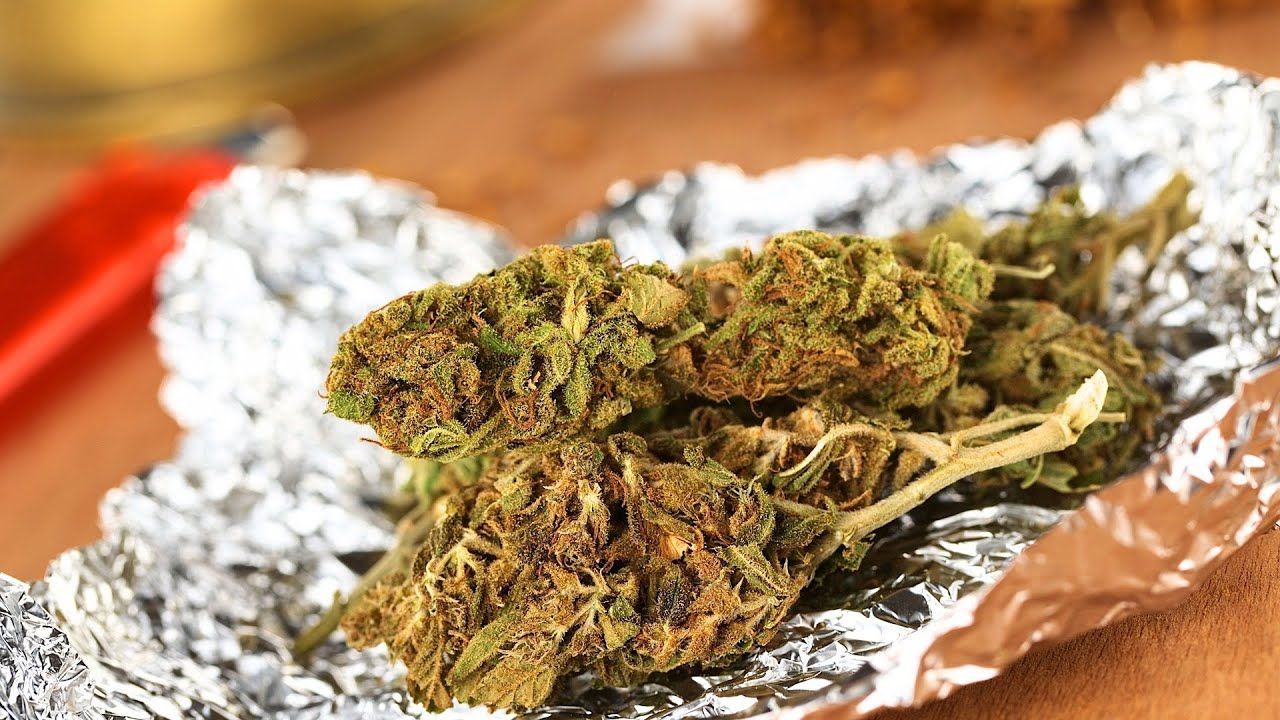
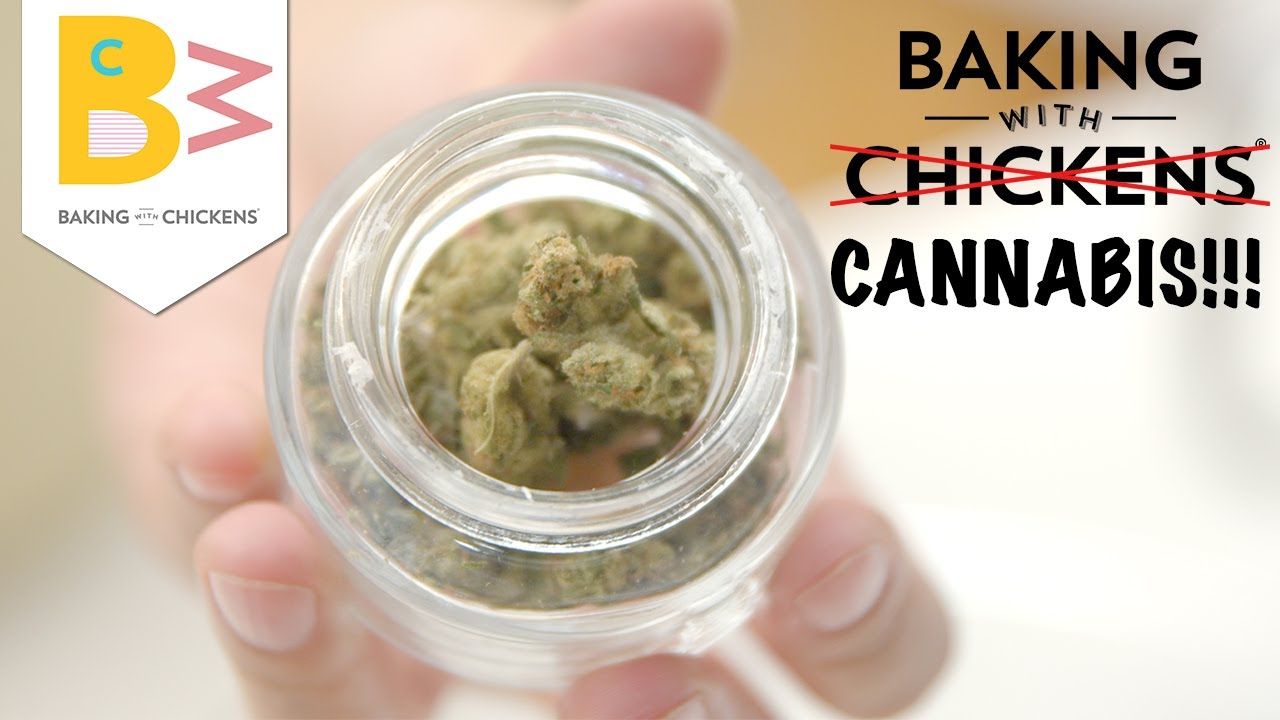
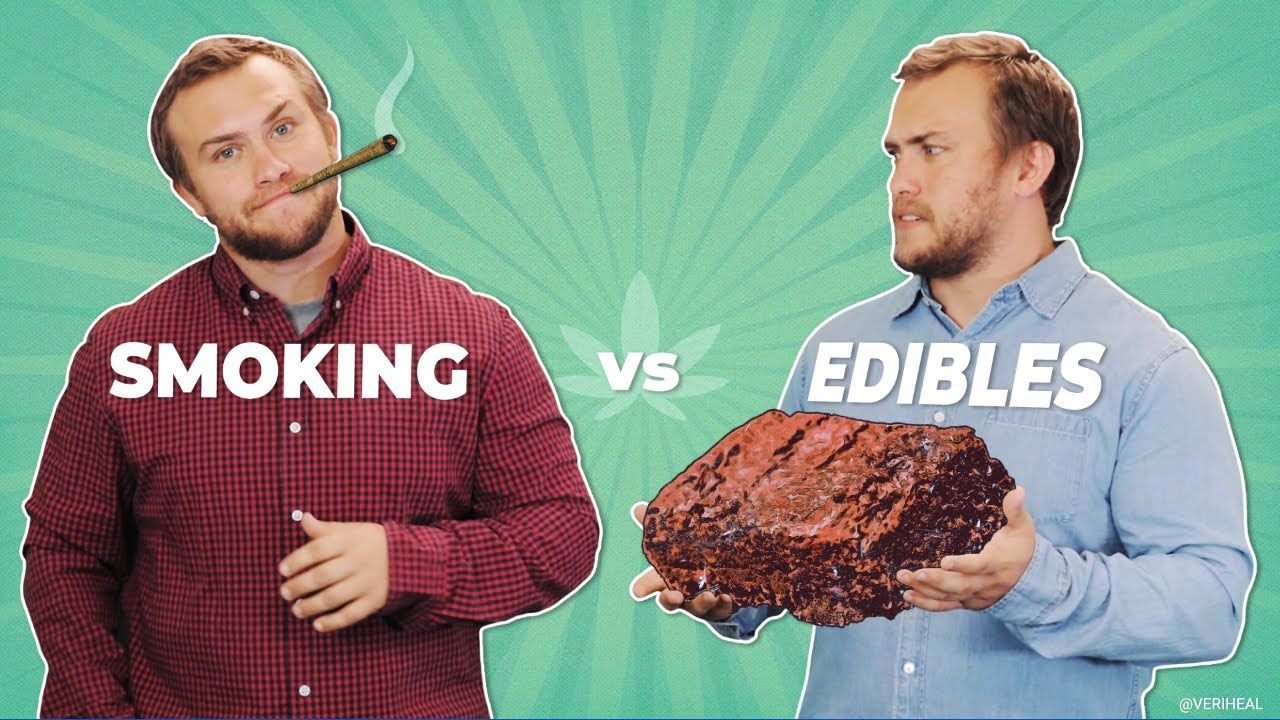
 :
: 